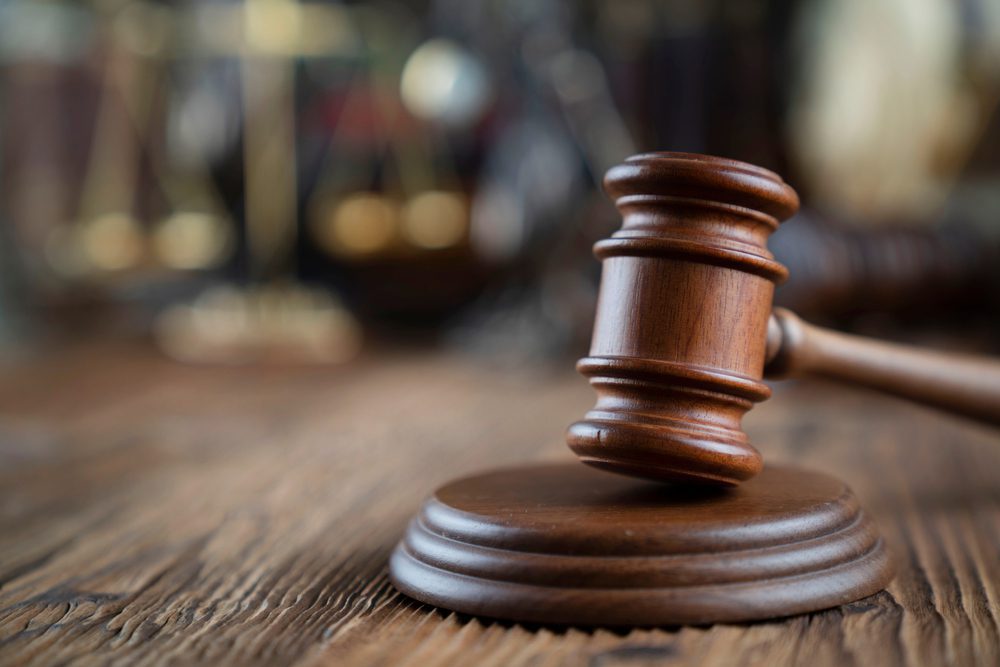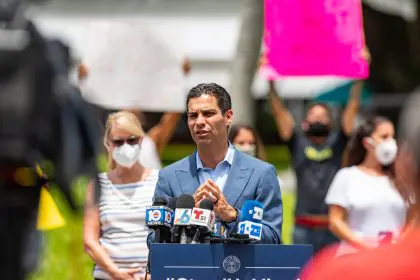In a significant moment for civil rights history, Simon Bouie and six other activists had their arrest records expunged over 60 years after they participated in a pivotal sit-in at a Columbia, South Carolina lunch counter that was designated as whites-only. This landmark decision, signed by a judge just blocks from where the original arrests took place, marks a moment of justice and recognition for the sacrifices made during the Civil Rights Movement.
The sit-in that changed history
On Oct. 25, the expungement order was signed, allowing Bouie and his fellow activists to finally clear their names. The sit-in, which occurred in 1960, was part of a broader movement against racial segregation in the South. While Greensboro, North Carolina, is often credited as the birthplace of the sit-in movement, the actions of Bouie and his compatriots played a crucial role in challenging and changing discriminatory laws in South Carolina and beyond.
A promise to fight for justice
Before joining the protest, Bouie reassured his mother that he would remain safe. However, he and the other activists entered the Eckerd Drug Store with a firm resolve to fight for their rights. This courageous act of defiance was met with arrests, but it also ignited a flame of change that would sweep across the nation.
Honoring the fallen heroes
Of the seven men arrested during the two-day protest, only Bouie and Charles Barr are alive to witness this moment of vindication. The other five men — David Carter, Johnny Clark, Richard Counts, Milton Greene and Talmadge Neal — were honored in the courtroom with white roses, symbolizing their contributions and sacrifices.
Legacy of courage and commitment
According to NBC News, University of South Carolina professor Bobby Donaldson highlighted the selflessness of the activists, noting that their focus was on creating a better world rather than seeking personal freedom. He poignantly remarked, “In 1960 they were victimized. Today they are vindicated. In 1960 they were prosecuted. Today they are praised.” This reflection underscores the long journey toward justice and recognition for those who fought against systemic oppression.
Recognition from the legal system
Despite having their convictions overturned by the Supreme Court shortly before the Civil Rights Act of 1964 was enacted, the arrests remained on their records for decades. Solicitor Byron Gipson, who facilitated the expungement process, referred to the men as heroes, stating, “These men stood bravely — sat bravely, quite frankly — in the face of adversity, in the face of threats, in the face of death.” Their actions were not just for themselves but aimed at ensuring that the Constitution applied to all Americans.
A ceremony of reflection and hope
During the ceremony, Judge Robert Hood, who signed the expungement order, addressed a crowd of 150 attendees, emphasizing the importance of the activists’ bravery. He stated, “These heroes stood firm against oppression often at great personal cost. They dared to dream of a world where equality is not an aspiration, but a reality.” This acknowledgment serves as a reminder of the ongoing struggle for civil rights and the importance of honoring those who paved the way for future generations.
The expungement of Bouie and his fellow activists’ records is not just a legal victory; it is a testament to the enduring spirit of the Civil Rights Movement. Their courage and commitment to justice continue to inspire new generations to fight against inequality and injustice. As we reflect on this historic moment, we are reminded of the importance of standing up for what is right and ensuring that the sacrifices of those before us are never forgotten.
















